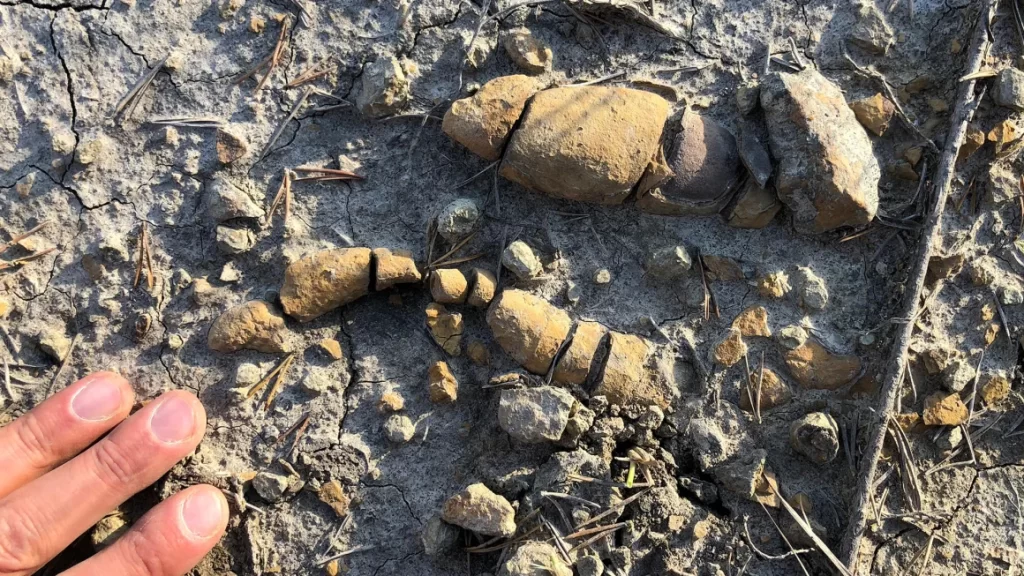Dinosaurs, once insignificant creatures during their earliest stages around 230 million years ago, soon evolved into the dominant lifeforms on Earth. Their rapid rise remains a mystery, but new research suggests that fossilized droppings—known as coprolites—hold the key to understanding how they came to rule the planet.
The study, led by paleontologist Martin Qvarnström from Uppsala University in Sweden, delves into the secrets hidden within these ancient digestive remnants. By studying more than 500 fossils collected over 25 years from the Polish Basin, researchers were able to examine remains from the Late Triassic and Early Jurassic periods, ranging from about 247 million to 200 million years ago.
While these coprolites (fossilized feces) were often overlooked or considered insignificant, recent research reveals they contain crucial information about the dinosaurs’ diet and their environment. The fossils provided new insights into how the dinosaurs evolved from small, omnivorous reptiles into the diverse and giant creatures we know today.
The researchers used advanced techniques like 3D scans and high-powered X-ray imaging to analyze the coprolites’ internal structure, revealing remnants of fish, insects, plants, and even bones from prey. This detailed analysis allowed scientists to link the coprolites to specific dinosaur species based on the size and shape of the droppings, offering clues about the animals’ diets and behaviors.
The research also highlights the role of environmental changes, particularly increased volcanic activity, which might have led to a more diverse range of plant life. This, in turn, supported the rise of large herbivorous dinosaurs, followed by the evolution of massive carnivorous species during the early Jurassic period. The combination of dietary adaptability and environmental changes seems to have given dinosaurs the evolutionary edge over their competitors.
The study suggests that the dinosaurs’ evolutionary success was due to a complex interplay of factors, including their ability to adapt to environmental changes and their diverse diets. Fossilized poop has now become an important tool for paleontologists seeking to understand the mechanisms behind the dinosaurs’ rise and eventual dominance.



